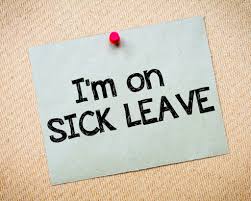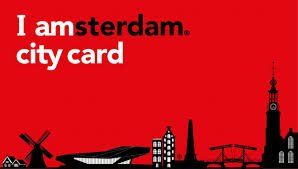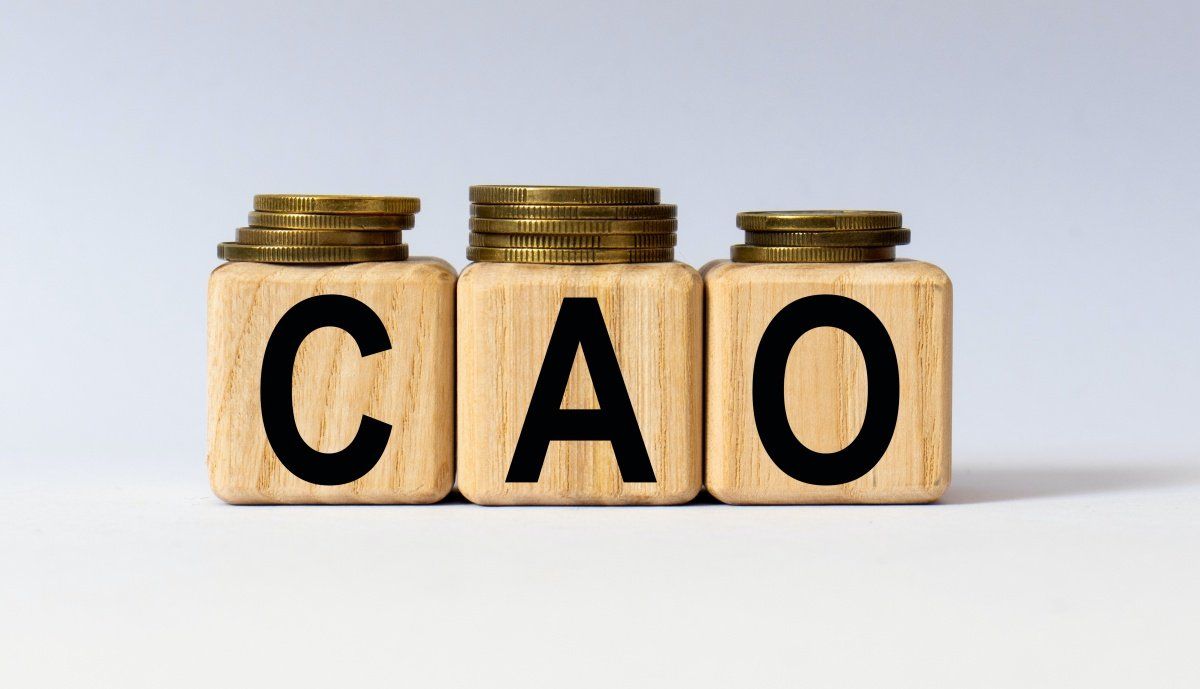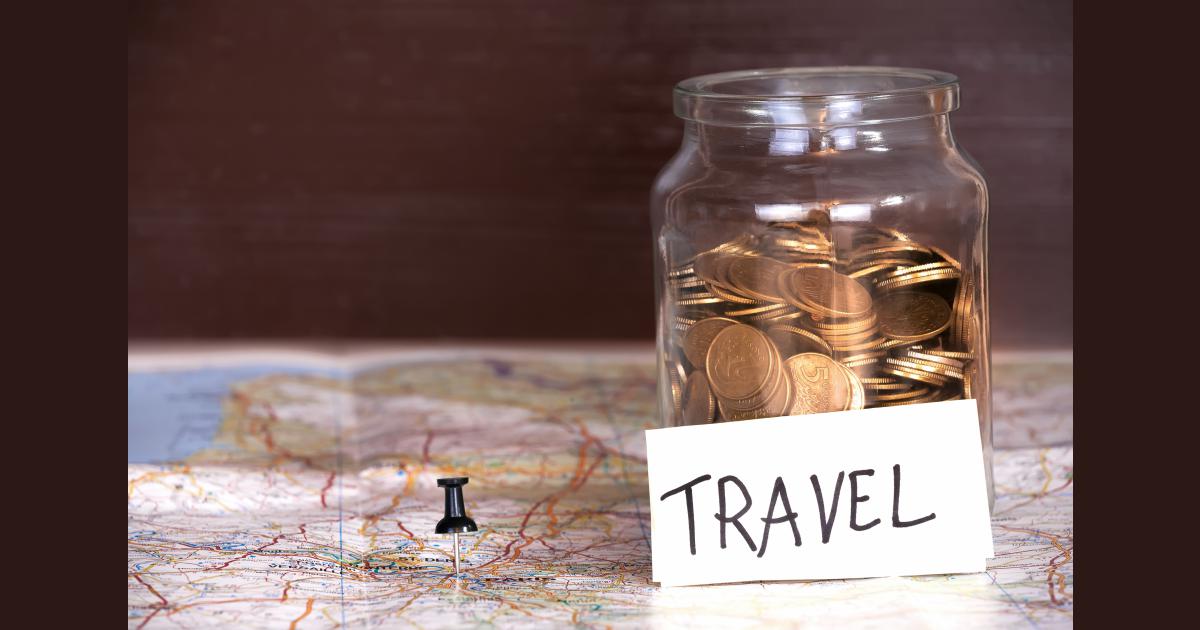Start your own business
Start your own business
Do you want to start your own business? Then you are in the right place in The Netherlands. It is quite easy to start a business in The Netherlands. There are also many people who do so. Sometimes people even start a business next to their regular job. You don't necessarily have to work full time on your business, you can work part time too.
In any case, it is important to know what you want. What kind of business will you be in? Are you going to be a plumber? Will you start an online shop? Or maybe you want to start your own supermarket in your own village. First of all, you need to register with the KVK (chamber of commerce) and you need to know what legal form your company will have. We describe this below.
KVK
When you register your company at the KVK, you will immediately receive your KVK number. Your company must be active within 8 days. Did you register but you start your company later? Then you will not receive your KVK number immediately, because it will only be active and known one week before your starting date. You can register your company up to three months in advance. Registering your company with the KVK costs EUR 51,95.
All Dutch companies must, by law, register in the KVK Trade Register. If you meet the entrepreneurial criteria of the KVK, you will receive a KVK number after your registration. This number is your unique entrepreneurial ID, so other entrepreneurs can check who they are dealing with. You can also check the details of your clients and business partners. Think about address details, KVK number and who the owner/director is. This way, you can do business safely.
Entrepreneurs and private individuals can find out who they are doing business with by searching for a KVK number. It is therefore legally obligatory to state your KVK number on your:
- letters
- quotations
- invoices
- websites
- business e-mails
For business purchases or subscriptions and insurances you always need your KVK number. This is to prove that you have a business and do not act as a private person. For example:
- buying from a wholesaler
- buying a business car
- taking out business insurance
- take out (telephone) subscriptions
- open a business bank account
- take out a business loan
If you have registered your company with the KVK, you will be given a KVK number. This number is shown on your KVK statement. The KVK passes on your details to the tax authorities. Within 2 weeks, you will receive your VAT identification number (VAT ID) and turnover tax number from the Tax and Customs Administration in writing. A BTW (VAT) ID consists of 14 characters, a KVK number of 8 figures. You are obliged to state these numbers on your invoices.
Types of company forms in The Netherlands
There are several company forms in the Netherlands you can choose from. Each type of company has its advantages and disadvantages. The type of company form says:
- Who is liable.
- Who is in charge.
- Who is responsible.
- And who gets the profits or losses from the company.
The one-man business (eenmanszaak) and private limited company (BV) are the most common forms. Therefore, we will discuss them more extensively than the others.
Eenmanszaak:
The eenmanszaak is one of the two most common forms of business. Ideal for a small business with an income of up to 50 thousand euros per year. You are personally liable for what happens to your business. You open an eenmanszaak if, for example, you start an online shop, you become a carpenter or you are a freelancer. An eenmanszaak is very easy to start. You register at the KVK. You choose a company name and open a business checking account after. Then you are ready to start your eenmanszaak within a week. Obligations for an eenmanszaak are:
- You charge VAT on your services or products. The amount of VAT differs per product or service. It can be 0%, 9% or in most cases 21%.
- In addition, you have to pay tax on your income. This is done in Box 1. This means that your income is taxed in the same way as if you were an employee working for a company. You file this tax return during the annual tax return between March and May every year. You file the business tax return in the same way as you do for private individuals.
- You also have to fill in turnover tax every 3 months for the tax authorities. You will receive a message about this from the tax authorities. This enables the tax authorities to determine how much VAT you must pay to the tax authorities or how much you will receive back.
BV (private limited company):
When you start a BV, as a private individual you are not personally liable. Your company BV is then liable. You can start a BV yourself or you can do that with several people. A BV is established by a deed at the notary. The costs are between EUR 500 and EUR 1,500. When you have had the deed drawn up by the notary, you can register with the KVK. Your starting capital must be at least EUR 0.01. You can be a shareholder yourself, but people who do not work there can also become shareholders. Also with a BV, you have to pay VAT over your income. This is always standard 0%, 9%, or 21% depending on your product or service. You pay taxes on the profit that you make in your BV. This is lower than for an eenmanszaak, namely 20% or 25%. You need an accountant to take care of these administrative matters for you. Because the annual costs are much higher than with an eenmanszaak, setting up a BV is only beneficial if your turnover is above EUR 100,000 per year.
NV:
An NV is very similar to a BV. They are almost identical in terms of taxes and liability, but there are also important differences. For example, the need to have at least 2 shareholders. In addition, there are no restrictions between changes of shareholders. The shares are traded on the stock exchange. It is also not necessary to establish who the shareholders are.
VOF:
A VOF is a company in which at least 2 persons work together under one common name. Each person who participates becomes a co-owner. These co-owners are also called partners. Each partner contributes something. This can be money, goods or labour. No minimum capital is required. Partners are liable with their own money for possible debts of the company. The general partnership contract contains agreements about your cooperation. For example, about how much money each partner brings in and how you divide the profits. You do not have to go to a notary or lawyer for this. You may also draw up a partnership contract yourself. Certain agreements in the contract can also be recorded in the KVK.
CV:
A CV is suitable for those who want to open a private company, but do not have their own money for investments. There are two different types of owners in this partnership (you need at least one of each type to open). The first type, the so-called sponsor, is essentially a lender, is entitled to a share of the profits and remains anonymous. The registration documents only state the total number of "sponsors" and the total amount of contributions. The second type is 'general' or working. It directly identifies the person(s) who will run the business. Their names are included in the registration documents and they bear all the responsibility. In case of bankruptcy, sponsors lose only the money invested, whereas managers go bankrupt together with the company, i.e. they bear full personal responsibility.
Maatschap:
This type of company is usually used to bring together entrepreneurs with similar professions. For example, a law firm. It looks like one company, but in fact several small law firms work together. This is useful if you can buy or rent a room together. Or if you want to take turns sharing equipment, to save on costs. Distribution of investments and profits takes place by mutual agreement. Each member of the community has the right to act, to conclude contracts on behalf of the whole community.
Cooperatie:
A cooperatie is an association that allows individual entrepreneurs to enjoy the benefits of teamwork. The members of the cooperative enter into an agreement with each other. This allows the other entrepreneur to do part of your work if you fall ill, so that customers do not have to wait long.
Vereniging:
The vereniging must have at least 2 members, the most important decisions are taken at a meeting of the members of the association. At the meeting, each member of the association has one vote. The board usually consists of a chairman, secretary and treasurer. No starting capital is required. For example, an amateur football club is a vereniging. An association does not aim to make a profit.
Stichting:
If your activity is related to a specific public or social purpose, such as protecting nature, helping others or spreading culture, a stichting (foundation) may be a good idea. It must be registered with a notary and does not require starting capital. A foundation does not aim to make a profit.
Business bank account
Once you have registered with the KVK, it is time to open a business bank account. You are not allowed to use your private bank account. If you do, the bank will block you. So don't do that and open a business bank account.
Bunq is the most modern internet bank in the Netherlands. You actually manage everything via your mobile app. Bunq mainly wants to offer clarity and comfort. Most matters are arranged via 1 click, which is why Bunq is very suitable for young entrepreneurs.
FOR MORE INFORMATION ABOUT BUNQ CLICK HERE
Business insurances
It is sometimes wise to take out special business insurances. The type of insurance that is appropriate for each sector differs. Hairdressers, for example, will need different insurance than someone with an online shop. Below is a list of a number of business insurances that are often used.
- Business liability insurance
- Legal expenses insurance
- Property, Equipment and Inventory insurance
- Business interruption insurance
- Business Partnership insurance
- Health insurance
- Occupational disability insurance
- Life insurance
- Cyber insurance
- Pension




Sign up for newsletter
Thank you, we keep in touch!
Probeer het later opnieuw.











